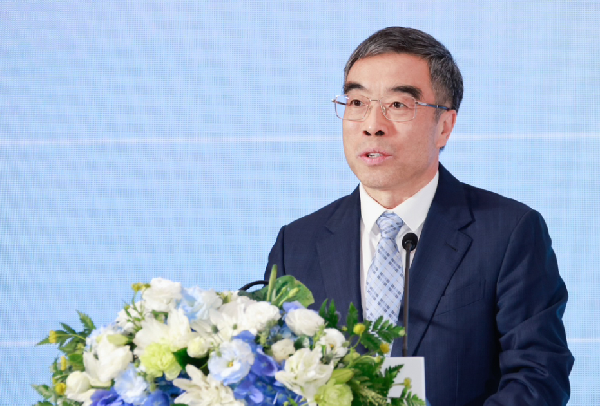Dr. Liang Hua
First Lady, Rebecca Akufo-Addo, has commended Huawei for contributing to the skills development of women and girls which has led to the stimulation of the Ghanaian economy.
She said through Hauwei’s partnership with her office, the skills capacity of females in rural areas have been built.
“Over 6000 students and traders have been trained in a period of two years,” she said.
She was speaking at the 2023 Sustainability Forum Hosted by Huawei on the theme, “Thrive Together with Tech: Realizing Sustainable Development.”
Mrs. Akufo-Addo noted that the country is the first West Africa country to build a floating HydroSolar Hybrid plant, as part of efforts in diversifying its energy mix.
“This plant will fuel a cashew factory in the Bono Region and create employment for over 800 citizens including women.
This cashew plant will not only provide employment opportunities but also equip beneficiaries with the necessary skill set to make a living on their own,” she added.
She thus reiterated her gratitude to Huawei for introducing a more enhanced dynamism to their partnership.
“I therefore believe that this cashew factory will build on the successes we have achieved as partners and contribute to the realization of a new rural economy where no one is left behind.
The office of the First Lady remains committed to working closely with Huawei and other industry partners to help bridge the gender divide and transform the lives of Ghanaians,” she said.
Chairman of Huawei Technologies Dr. Liang Hua, said stressed the need for all to have access to stable connectivity.
“We see connectivity not just as a basic right for every person, but also as a cornerstone of the digital economy,” he said.
Dr. Hua highlighted that for more than 30 years, Huawei has committed itself to pushing the boundaries of ICT and promoting global adoption.
“By working closely with operators from around the world, we have built over 1,500 networks that connect more than three billion people in more than 170 countries and regions
In particular, for rural villages, we have launched innovative solutions like RuralStar and RuralLink that simplify site deployment. These solutions don’t need equipment rooms, optical fiber, or mains supply, giving villagers easier access to connectivity and the information and services they need,” he said.
He noted that with partners like UNESCO and Close the Gap, “we aim to drive broader digital inclusion through our TECH4ALL initiative. Our Seeds for the Future program is also designed to transfer digital skills and drive technology inclusion,” he added.
By Jamila Akweley Okertchiri


